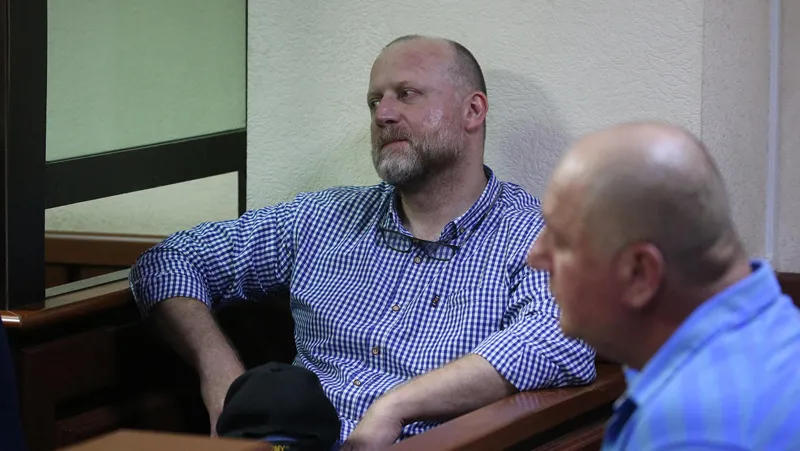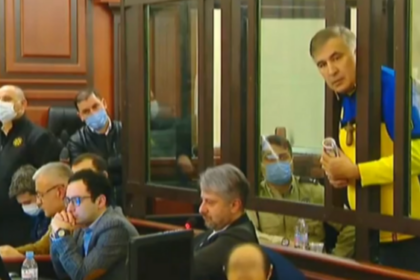**Opposition Leader Sentenced to Imprisonment and Disqualified from Public Office**
In a recent court ruling, Zurab “Girchi” Japaridze, one of the leaders of the opposition coalition “Coalition for Change,” has been found guilty of failing to comply with the request of the Georgian Parliament’s Temporary Investigative Commission. This verdict marks a significant development in the ongoing tensions between the government and opposition forces in Georgia.
**Background: A Politician on Trial**
For those unfamiliar, Japaridze was summoned by the commission to provide explanations but chose not to appear. As a result, he faced charges under Article 349 of the Criminal Code of Georgia, which carries penalties ranging from fines to imprisonment for up to one year, and/or disqualification from holding office or engaging in professional activity for up to three years.
**Sentencing: A Severe Penalty**
Judge Jvebe Nachkebia ultimately sentenced Japaridze to a 7-month prison term. In addition, the opposition leader has been banned from holding public office for a period of two years. This severe penalty is unprecedented in Georgia’s recent history and sets a worrying precedent for the country’s democratic institutions.
**A Leader Absent**
Interestingly, Japaridze did not attend the sentencing hearing, despite being summoned to appear. The judge had previously postponed the session at the defendant’s request but ultimately moved forward without him. His absence raises questions about his commitment to addressing the charges and engaging with the judicial process.
**First Opposition Politician Convicted Under Article 349**
This conviction is significant because Japaridze becomes the first opposition politician to be convicted under Article 349 of the Criminal Code of Georgia. This development has sparked concerns among civil society groups and human rights organizations about the erosion of democratic freedoms in Georgia.
**Conclusion: A Dark Omen for Democracy?**
The sentencing of Zurab “Girchi” Japaridze raises serious questions about the state of democracy in Georgia. As a key opposition leader, his conviction and subsequent punishment set a worrying precedent that could be used to silence dissenting voices and undermine the country’s democratic institutions.
Read More @ www.interpressnews.ge












